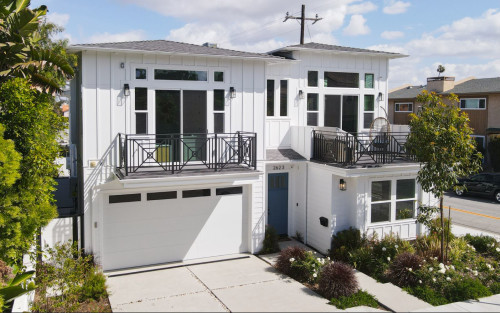

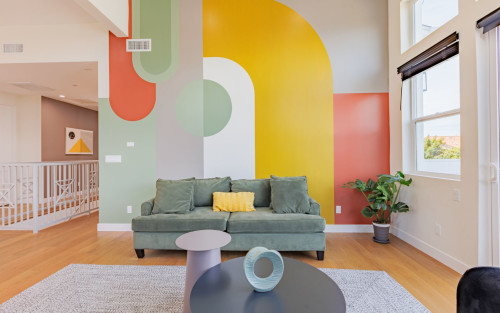

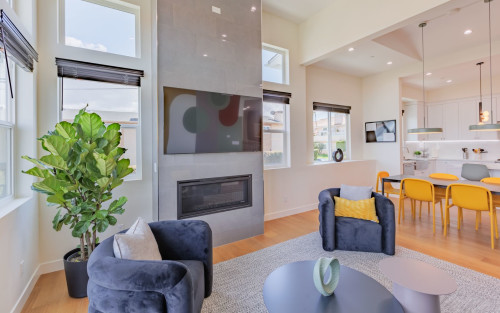




Blume Teen Behavioral Health
Verified Center
This provider's information has been quality-checked by Recovery.com's Research Team for accuracy and completeness, including center verification through appropriate third-party organizations.
Treatment Focus
This center treats mental health conditions and co-occurring substance use. You receive collaborative, individualized treatment that addresses both issues for whole-person healing.
Primary Level of Care
Offering intensive care with 24/7 monitoring, residential treatment is typically 30 days and can cover multiple levels of care. Length can range from 14 to 90 days typically.
Treatment Focus
This center treats mental health conditions and co-occurring substance use. You receive collaborative, individualized treatment that addresses both issues for whole-person healing.
Primary Level of Care
Offering intensive care with 24/7 monitoring, residential treatment is typically 30 days and can cover multiple levels of care. Length can range from 14 to 90 days typically.
Provider's Policy
To ensure that you have immediate access to the help you need, we accept all insurance providers. However, we don't accept Medicaid, Medicare, or state insurance.
Blume Teen Behavioral Health
Blume Teen Behavioral Health
About Blume Teen Behavioral Health
Blume Teen Behavioral Health offers hope for individuals ages 12–17 struggling with emotional, behavioral, or addiction challenges. With a commitment to real change, Blume provides gender-specific care across two separate locations—one dedicated to boys and one to girls—each designed as a close-knit 12-bed setting for individualized attention. In addition to a strong therapeutic program, they also offer mentorship, academic instruction, and encourage parental involvement to round out their holistic treatment.
Find Meaningful Change beyond Traditional Therapy
Because every young mind is unique, the team of adolescent psychiatrists and psychologists work closely with teens and their families to provide top-tier clinical care with truly individualized support and attention for each client. While they rotate through a foundation of proven-effective therapies like cognitive behavioral therapy (CBT) and dialectical behavior therapy (DBT), they tailor them to the client’s main concerns. More tactile and creative therapies are also used— like sand tray, equine, play, and adventure therapy. The team believes that meaningful change can happen when reconnecting with life’s fun and exciting moments.
Uncover the Rewards of a Focused Reset
At Blume, teens can immerse in a therapeutic community, free from distractions, where they can uncover the core issues affecting their lives through intensive therapy. By participating in life-altering individual and group therapy sessions they gain a better understanding of their strengths and areas that need growth. These rewards not only impact the present, but set them up for success in the future.
Explore Coastline to City
In the vibrant Southern California, the tight-knit facilities provide the perfect balance of privacy and community. With semi-private rooms, each teen has space to reflect and recharge. Beyond the comfortable amenities, the proximity to the coastline allows for outings and therapies that take advantage of both natural and urban beauty.

Highlights from the Center
Highlights
These highlights are provided by and paid for by the center.
Adolescents
Gender Separate Housing
Trauma Treatment
Center Overview
Treatment Focus
This center treats mental health conditions and co-occurring substance use. You receive collaborative, individualized treatment that addresses both issues for whole-person healing.
Joint Commission Accredited
The Joint Commission accreditation is a voluntary, objective process that evaluates and accredits healthcare organizations (like treatment centers) based on performance standards designed to improve quality and safety for patients. To be accredited means the treatment center has been found to meet the Commission's standards for quality and safety in patient care.
Recently helped 3 people via Recovery.com

Blume Teen Behavioral Health
Recently helped 3 people via Recovery.com
Insurance Accepted
Cash Pay Rates
Estimated Cash Pay Rate
Center pricing can vary based on program and length of stay. Contact the center for more information. Recovery.com strives for price transparency so you can make an informed decision.


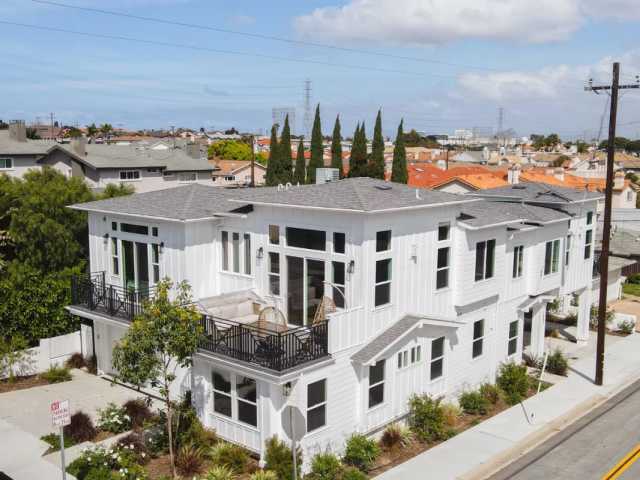

Recovery.com Verified Listing
Recovery.com verified that the name, location, contact information and license to operate for this treatment provider are valid and up-to-date.

Joint Commission Accredited

Licensed by California
Recovery.com is an independent, third-party mental health resource. Verification does not imply endorsement and does not guarantee the quality of treatment services.
Meet Your Care Team

Dr. Caitlin Artiaga
Clinical Director
PhD

Laurie Williams
Primary Therapist
LMFT

Christine Cailler
Primary Therapist
AMFT

Dr. Steven Mason
Primary Therapist
Psy.D., M.A.

Teresa Bertoncin
Primary Therapist
LMFT, LPCC, SP
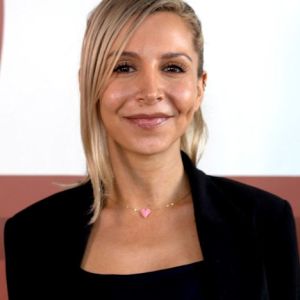
Giselle Moinzadeh
Primary Therapist
AMFT
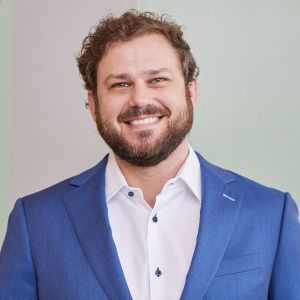
Brian Lutz
Chief Clinical Officer
Masters Degree in Clinical Psychology, LMFT
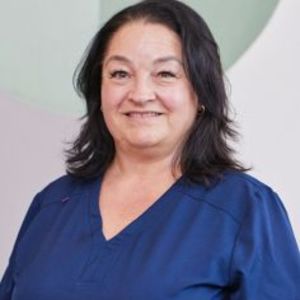
Billye Chaney
Registered Nurse

Lorenzo Rocca
Program Lead
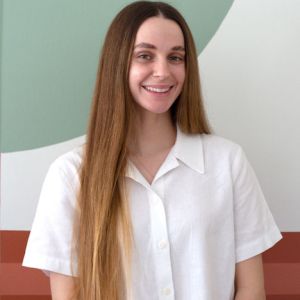
Taylor Secrist
Program Lead
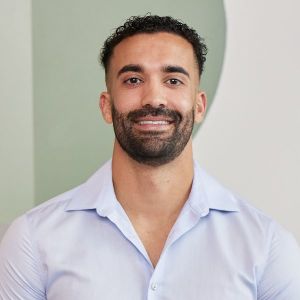
Ramsey Shadfan
Program Director
Pursuing MA in Clinical Psychology
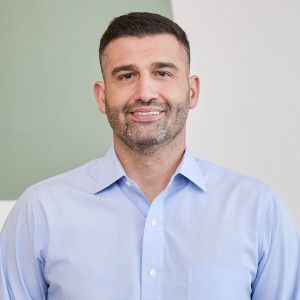
Dan Surico
Chief Marketing Officer
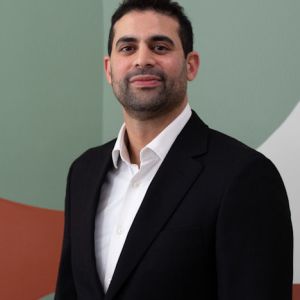
Basel Shadfan
Chief Executive Officer
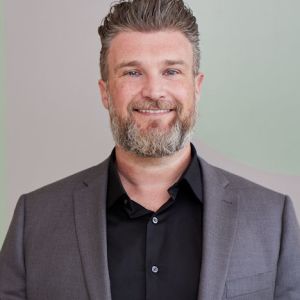
Alexander Hawes
Chief Operating Officer
Your Care Options
Specializations
Adolescents
Teens receive the treatment they need for mental health disorders and addiction, with the added support of educational and vocational services.
Who We Treat
Adolescents
Teens receive the treatment they need for mental health disorders and addiction, with the added support of educational and vocational services.
Children
Treatment for children incorporates the psychiatric care they need and education, often led by on-site teachers to keep children on track with school.
Treatment Services
Licensed Primary Mental Health
Some primary care providers offer mental health diagnosis and treatment. This can prevent patients from developing more serious conditions.
Residential
In a residential rehab program, patients live onsite, with access to daily treatment and 24-hour care. An average stay is 30-90 days.
Approaches
Evidence-Based
A combination of scientifically rooted therapies and treatments make up evidence-based care, defined by their measured and proven results.
Family Involvement
Providers involve family in the treatment of their loved one through family therapy, visits, or both–because addiction is a family disease.
Personalized Treatment
The specific needs, histories, and conditions of individual patients receive personalized, highly relevant care throughout their recovery journey.
Gender-Specific
Separate treatment for men or women can create strong peer connections and remove barriers related to trauma, shame, and gender-specific nuances.
Therapies
1-on-1 Counseling
Patient and therapist meet 1-on-1 to work through difficult emotions and behavioral challenges in a personal, private setting.
Meditation & Mindfulness
A practiced state of mind that brings patients to the present. It allows them to become fully aware of themselves, their feelings, and the present moment.
Mindfulness Therapy
This ancient practice can be mental, emotional, and even spiritual. In meditation, you focus your attention on the present moment without judgement.
Adventure Therapy
This experiential approach uses the physical and emotional challenges of outdoor activities as tools for personal growth.
Art Therapy
Visual art invites patients to examine the emotions within their work, focusing on the process of creativity and its gentle therapeutic power.
Experiential Therapy
With this approach, patients heal by doing. Therapists help patients process difficult emotions to speak, using guided activities like art or dance.
Conditions We Treat
Grief and Loss
Grief is a natural reaction to loss, but severe grief can interfere with your ability to function. You can get treatment for this condition.
Personality Disorders
Personality disorders destabilize the way a person thinks, feels, and behaves. If untreated, they can undermine relationships and lead to severe distress.
ADHD, ADD
ADHD is a common mental health condition caused by dopamine imbalance. Common symptoms include inattention, hyperactivitiy, and impulsivity.
Anxiety
Anxiety is a common mental health condition that can include excessive worry, panic attacks, physical tension, and increased blood pressure.
Bipolar
This mental health condition is characterized by extreme mood swings between depression, mania, and remission.
Depression
Symptoms of depression may include fatigue, a sense of numbness, and loss of interest in activities. This condition can range from mild to severe.
Internet Addiction
Internet addiction is common among children teens. This compulsive disorder can damage relationships, school performance, sleep habits, and physical health.
Obsessive Compulsive Disorder (OCD)
OCD is characterized by intrusive and distressing thoughts that drive repetitive behaviors. This pattern disrupts daily life and relationships.
Post Traumatic Stress Disorder
PTSD is a long-term mental health issue caused by a disturbing event or events. Symptoms include anxiety, dissociation, flashbacks, and intrusive thoughts.
Substances We Treat
Alcohol
Using alcohol as a coping mechanism, or drinking excessively throughout the week, signals an alcohol use disorder.
Co-Occurring Disorders
A person with multiple mental health diagnoses, such as addiction and depression, has co-occurring disorders also called dual diagnosis.
Drug Addiction
Drug addiction is the excessive and repetitive use of substances, despite harmful consequences to a person's life, health, and relationships.
Languages
Aftercare
Care Designed for Your Needs
Personal Amenities
Amenities
Special Considerations
Gender-specific groups
Patients in gender-specific groups gain the opportunity to discuss challenges unique to their gender in a comfortable, safe setting conducive to healing.
Healthy Meals are provided
Great food meets great treatment, with providers serving healthy meals to restore nutrition, wellbeing, and health.
Activities
Off-Site Activities
Recently helped 3 people via Recovery.com
Learn More About the Center
Signs of Psychosis in Teens
Read this guide that breaks down the signs of psychosis and offers insights into treatment options.
Teen Phone Addiction
Discover the surprising mental and physical dangers of teen phone addiction.
Effects of Hormones on Mental Health
Learn how hormones impact mental health and discover ways to provide support and find help.
Spotting Signs of Neurodivergence
Unlock a deeper understanding of neurodiversity and its unique strengths.
What people are saying
Treatment
5.0
Accommodations
5.0
Food & Nutrition
5.0
Value
5.0
Pros
- Supportive Aftercare (2)
- Quality Programming (2)
- Easy to Work With (2)
- Cares About Client (2)
Danielle
Reviewed 04/21/24
Referring Professional
•Clinical Outreach
Todd G.
Reviewed 04/21/24
Referring Professional
•Chief Operating Officer
Imani
Treatment in 2024 • (30 days) • Reviewed 10/02/24
Former Client





